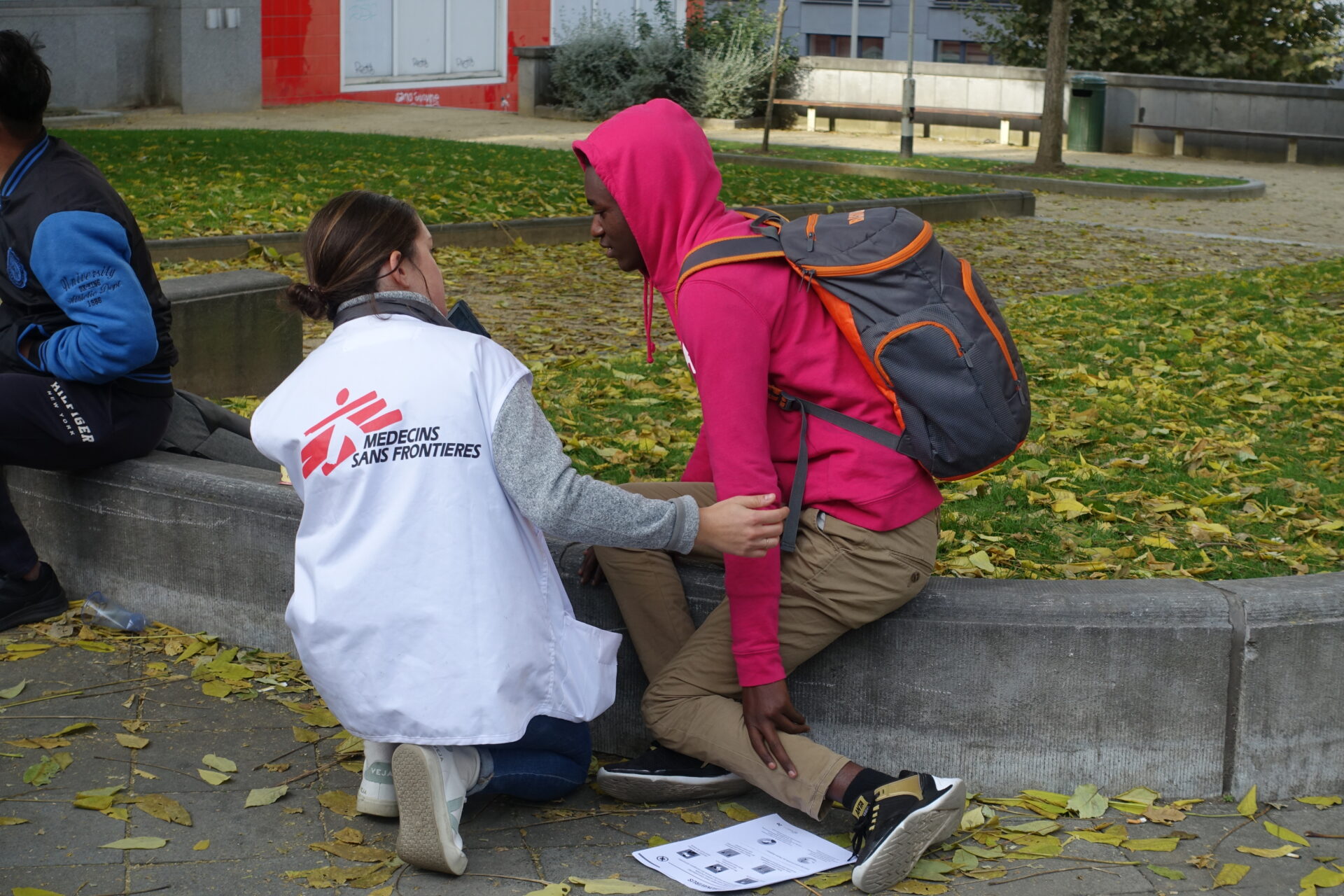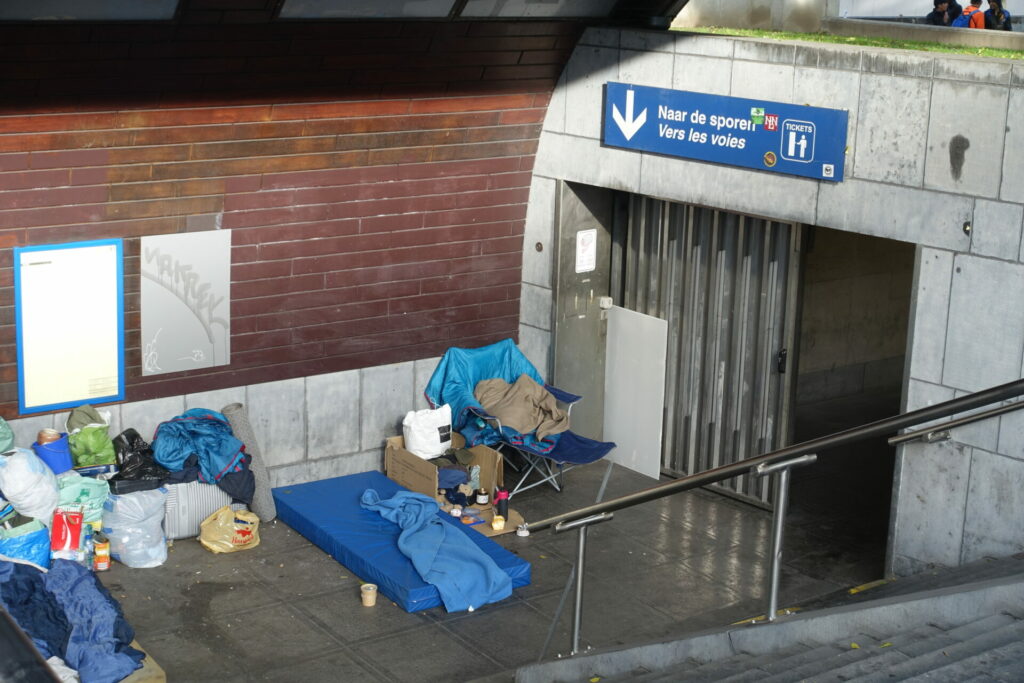The European Court of Human Rights (ECHR) has slapped Belgium on the wrist over the inadequate reception provided to an asylum seeker from Guinea, the first verdict of its kind by the international court since the latest crisis started in the country one year ago.
On Wednesday, the ECHR announced it "decided to indicate an interim measure" in the case of Camara v. Belgium, concerning a Guinean national who applied for international protection in Belgium in July and, as thousands of other asylum seekers, has slept on the streets since then due to the saturation of the reception system.
"The European Court of Human Rights has spoken out on the reception crisis for the first time, asking the Belgian state to fall in line with the French-speaking labour court ruling," Thomas Willekens of Vluchtelingenwerk Vlaanderen (Refugee Work Flanders), said.
"Yet another indication that Belgium is not complying with the law," he added.
More to come
Last month, staff working in the French-speaking Labour Court of Brussels warned they were succumbing to the surge in workload as a result of Fedasil's failure to provide shelter to asylum seekers, for which it has been convicted 4,500 times in the past year. One judge warned that Fedasil was ignoring the convictions made against it.
This case concerns an asylum seeker from Guinea named Abdoulaye Camara, who was denied a place in a reception facility after his arrival in Belgium on 12 July this year, and after his asylum application on 15 July 2022.
Seven days later, the French-speaking Brussels Labour Court ruled against Fedasil and asked that the man be provided with a sheltered place. However, as is the case with many others, no action was taken on that ruling, meaning he was left sleeping rough.
The man then went to the ECHR, asking the international court to urge the Belgian government to implement the labour court's ruling. The man mentioned the fact that he suffered from hunger and health problems, as well as the scabies epidemic among homeless asylum seekers, a situation exacerbated by poor sanitation.

An asylum seeker being helped at a medical point in Brussels. The concerns regarding the health of asylum seekers sleeping rough is growing. Credit: Lauren Walker
The court now ruled, in an interim measure, that Belgium should implement the labour court's ruling, adding that it grants such requests "only in exceptional cases, only when the applicant otherwise faces a real risk of irreversible harm."
What does this mean?
The verdict from the ECHR reinforces the requirement for the Belgian state to provide the applicant with accommodation and material assistance to meet his basic needs, as previously requested by the Brussels Labour Court. "This is the first case of its kind and the Court continues to receive similar applications," a statement from the ECHR read.
Related News
- Belgian reception crisis: Families with children now also sleeping rough
- 'Like a war zone': 20-month-old baby with malaria left out on Brussels streets
In response, State Secretary for Asylum and Migration Nicole de Moor told Belga News Agency that this did not constitute a conviction, but rather an "urgent request to give asylum seekers reception."
"The government is taking measures to create enough reception places and, at the same time, to ensure people who no longer belong in the reception network leave. This is urgently needed to free up places for others," she said.

